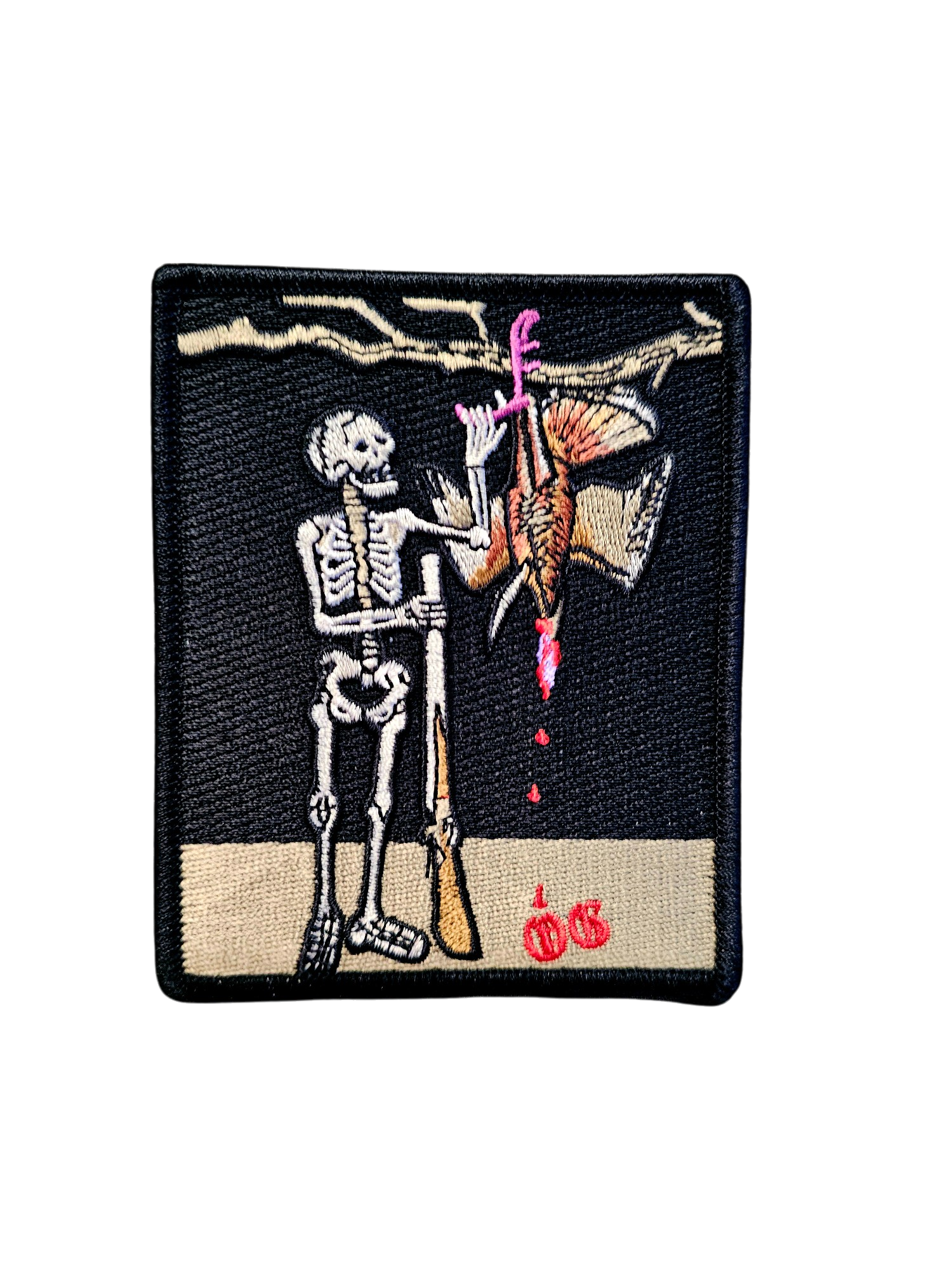        |
Just Trumpet QuestionsStarted by ScottTaulbee, February 13, 2023, 08:45:06 AM Previous topic - Next topic
User actions
|
        |
Just Trumpet QuestionsStarted by ScottTaulbee, February 13, 2023, 08:45:06 AM Previous topic - Next topic
User actions
|